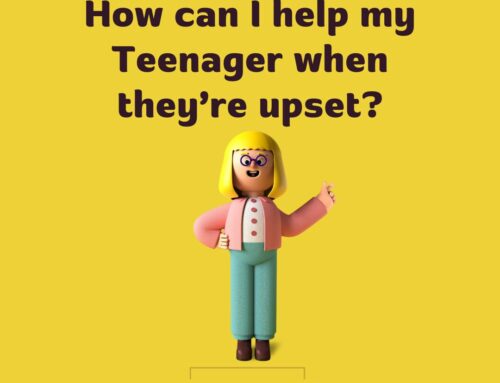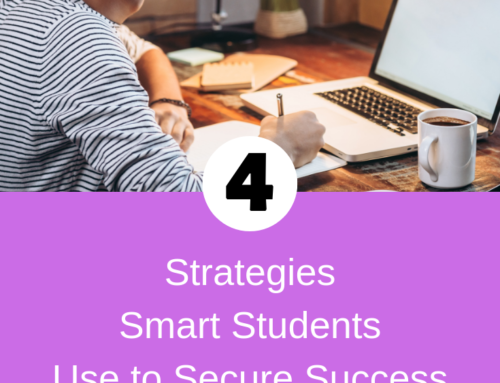Congratulations! All your hard work has paid off and you’ve secured a place at College or University. Your bags are packed and you’re ready for the next stage of your life. Or are you? Has the initial excitement worn away? Has the negative committee inside your head started to put doubts in your mind? Will you be able to cope with all the studying? Will you be able to make new friends on your first day at University?
Of course you will! You are going to be fine and have the time of your life. Your mind is just doing its usual thing of trying to protect you by raising possible problems in advance so you will be ready to deal with them if they occur. As social beings, making friends is a big thing for us all. Good friends watch our backs, they give us the honest but supportive feedback we need to grow, and they help us to maintain our mental health.
It is quite natural to be concerned about making friends at any new place, especially if that new place is away from everything we have become used to. During High School it’s relatively easy to make friends – most students come from the local area and nearly everyone has grown up with each other. It can be harder at College and University as students often come from many different locations, with no link to each other apart from their desire to learn at the same place.
It will, therefore, be harder to make new friends at College and University than you may be used to. It will also be very time consuming! It can take up to 30 hours of social time to make someone a casual friend, 90 hours to develop a real friendship and 200 hours to secure a friend for life. So don’t waste any time – aim to start making new friends from day one of your new College or University life.
Here is how I know the tips I am sharing with you …..
As the Mum of two young adults who have gone off to University, with a third about to start College, plus having been a high school teacher for many years, I know of hundreds of young people who have gone on to make really strong, life-long friendships. I made a few incredible friends myself and the ones you make at this point in your life are most likely to be there for the long term. Here’s how you can do the same:
-
- Start making friends even before your courses start. Most Universities now have ‘Freshers’ social media pages and most Colleges run Induction Days. Use them to identify people who seem to have the same interests as your own. Get to know their names and make initial contact with a casual ‘Hi, just wanted to make contact ‘ message.
- It’s natural for people to gravitate towards those that seem confident and in control. Before the first day, work on building your self-confidence. Remind yourself of the many great attributes you have such as ‘I am thoughtful’, ‘I am a great listener’, or ‘I’m great at making people smile’. Remind yourself daily that you ARE interesting and worth knowing. Get your mind-set right and your body language will follow. However, no matter how strong your positive affirmations are, you may still feel a little nervous on the first day. If that is the case, fake it till you make it – but don’t try to be someone you aren’t as it will be difficult to maintain this role for long.
- Be a little early to classes or lectures. Look out for people who may seem to be ‘friend material’ – people’s clothes, accessories and body language can tell you a lot about the person. Ask if it’s okay to sit next to them. Initiate a conversation – paying a compliment always goes down well. Look for something you have in common – perhaps they are wearing a t-shirt featuring a band you like, perhaps you are in the same Hall of Residence. People often respond well to others self-disclosure as it suggests you trust them; share how excited / nervous you are about the first day or any concerns you may have about how demanding the studying will be.
- If you find yourself sitting with someone who your gut feeling is saying ‘uh uh, not friend material’ then think about finding someone else to sit next to after the class has had a break. Yes, be kind, but don’t miss out on finding someone who you ‘click’ with more easily.
- To have a friend you need to be a friend. Be friendly to everyone and go out of your way to be kind and supportive. However, only commit time to those who reciprocate – you will want to focus on creating genuine quality friendships rather than a high quantity of superficial ones.

- Respect boundaries. Don’t go in too fast and too far and don’t be pushy. A simple invite for a coffee at lunch time will often be accepted; use the time to discuss superficial things and find out what you have in common. Avoid the temptation to tell them your life story until you know each other a lot better.
- To meet people you need to be in those places where people are. Eat in the dining hall, study in common areas and public spaces rather than stay in your room. If you find this difficult (because you know you are naturally one of the many introverts who make the biggest difference in our world!), set aside blocks of time when you will make the effort to spend time with other new students, and blocks of time for you to relax while being on your own. It will be much easier to do the stuff you find challenging if you know you will get the time to be on your own later to re-charge. Initiate conversations with others who seem to be alone, they may be struggling with introvert habits too.
- Buy a door stop and use it! Propping open your door may seem like a bold move in the first week, however it is a fabulous way to let people know that you are happy to say ‘hello’ and make them feel welcome too. It also means that you are better connected to ‘life in halls’ as it happens.
- Join at least one extra-curricular club. Common interests are often the bedrock to strong, lasting friendships. Use Freshers Week or Induction Days to find out what’s available. Check which freshers are also showing an interest in the clubs you are interested in and initiate conversations with them.
- Don’t be fooled by prejudice or appearances. The most unlikely people can become your dearest friend. Be prepared to talk to anyone and always be aware of how they make you feel – your intuition is often right!
Friendships are important. Even the most casual of acquaintances play a major part in helping us maintain strong mental health. If you do struggle to make friends during the first few days, don’t panic. Initial friendship patterns often change as people find out more about the people they are first attracted to, therefore opening up opportunities for you to get to know them. However, if you continue to struggle seek help from people like myself; having an empathetic and supportive Life Coach will help you find your inner friend until you find your external ones. Websites like ‘The Student Room’ can also be a useful way of gaining support https://www.thestudentroom.co.uk/
Remember that I’m here to help you thrive and not just survive these years of change. Reach out for a free chat by checking out my ‘Work With Me’ page or click on this link: http://bit.ly/bookFREE15mincoachingchat
With warmest wishes for your happiness and success, wherever you may be studying,
Caroline x






Leave A Comment